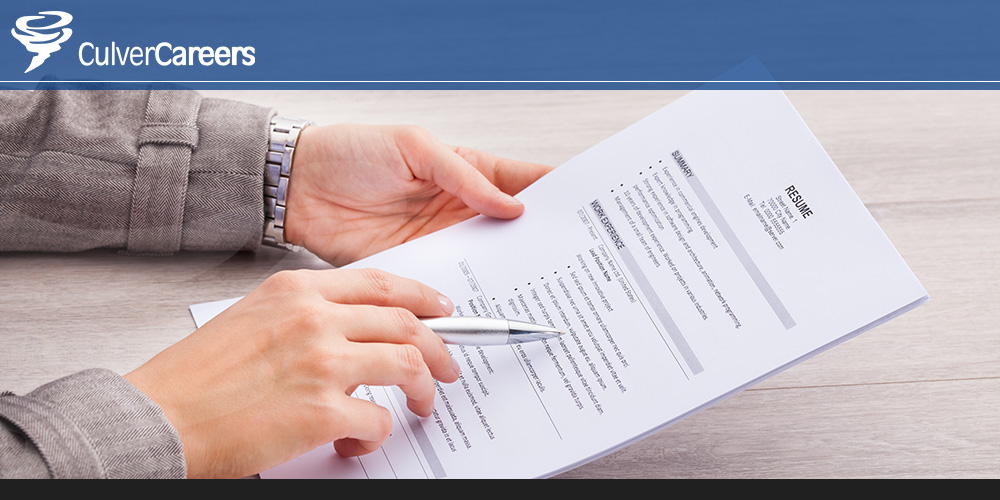Video interviewing has become popular for companies hiring a new employee. It’s convenient, time-saving and the next best thing to meeting with someone in person.
A professional recruitment company can help you find the best possible candidates for your organization. They would provide you with a “short list” of the most experienced people to consider, after which you may decide to conduct an initial round of video interviews before you meet with key applicants in person.
These interviews are ideal for the middle stage of the recruiting process, when a company is still considering several individuals. Read this article to learn its benefits as well as the types of questions you should ask and strategies for the best results.
What Are the Benefits of Video Interviews?
- Allows a more personal connection
With a telephone call, you don’t have the visual cues that may give you additional insight, and it’s rather impersonal. For example, the job-seeker might hesitate before answering a question that makes them uncomfortable. This may not be obvious on the phone, but on screen, you’ll immediately see their reaction. You’ll also be able to see pride in an achievement, by observing their facial expressions and body language. - Gives people the opportunity to engage through another medium
Conducting a video interview with job seekers provide an alternative communication method and gives both parties the experience of connecting in different ways for maximum convenience and flexibility. - Saves time when meeting with several prospects
Video interviews take less time to arrange, and the hiring manager can meet with more individuals over a shorter period of time. It’s a good option for having a “face-to-face” without having to book a conference room or take too much time out of a busy schedule.
- Gives a good indication of the applicant’s presentation style
As with an in-person interview, a video job conference allows the employer to observe the potential employee’s presentation. This includes their appearance, how they choose to dress and physical mannerisms. These issues, while not critical for all occupations, are very important for those who will be meeting with clients and customers. - A good option for remote candidates
Video conferences are helpful when screening job-seekers for a remote position, or considering those who plan on relocating if they get the job. - May indicate skills and comfort with using online tools
If a candidate is savvy with a webcam and video conferencing software, this is a good indication of their familiarity with internet technology. In their new workplace environment, there may be video conferences with clients and remote meetings with co-workers. Even a “technical difficulty” tells you a lot about someone. How do they handle a situation that doesn’t go according to plan? Someone who can adjust to unexpected events will do well in a fast-paced environment.
What Questions Should You Ask in a Video Interview?
Think of a video job interview as a face-to-face meeting, only remote. The questions will vary depending on the stage of the process. Typically, it takes place in the middle of the recruiting process, so the questions will delve deeper and the answers will provide more of a narrative for greater insight into skills, abilities and personality.
Topics might include:
- Detailed information about the candidate’s background, including companies they’ve worked for, projects and schooling
- Discussion of their skillset and specific instances of how they applied these skills
- Details of their achievements, milestones reached and work successes
- Information about their work failures, why they occurred and how they handled them
- Their game plan for future success
Tips for a Successful Video Interview
For a video conference to be successful, you must consider all the issues you would face if conducting an in-person meeting in addition to issues unique to using computer equipment and software to facilitate a conversation.
- Choose a video conferencing platform that you’ve used before or at least research, install and test it before your first interview. Nothing is more embarrassing than struggling with a computer application when you want to present your organization as professional and forward-thinking. You’ll want to ensure that your internet connection can handle live streaming and that your computer’s webcam and built-in microphone are working properly.
- Pick a video platform that allows recording.
Even if it’s just an audio recording, you’ll be able to play it back to review responses and take additional notes. People’s interviews may begin to blend together if you’ve spoken to several people over the course of a few days and it may be difficult to take notes during the interview. - Prepare your questions.
Create a basic set of questions that you’ll use for all candidates. Think of the most important qualities for the position. Structure the questions so that they will give long, detailed answers that respond directly to your must-have skills, personal qualities and any concerns. Choose questions that will help you get to know your prospect on a professional and personal level. Have their resume nearby so that you can refer to it during the job interview. - Choose the interview setting.
It isn’t only the candidate who should think about their background. You’re both trying to make a good impression. Your computer’s onboard camera won’t pick up everything in the room, but it will display some of the space directly behind you. Do a test to see what’s visible. Remove any clutter and anything that’s distracting. Don’t set up in front of a busy hallway or colorful artwork that may take the person’s attention away from your conversation. Use lighting that is sufficient, but not overpowering, so that they can see you clearly. Choose a quiet location where you can’t hear co-workers or loud HVAC equipment, printers and other devices. A separate room where you can close the door is preferable. - Avoid any distractions.
Turn off your phone’s ringer as well as any computer or phone notifications. Give your prospect your complete attention and don’t try to multitask. - Observe the candidate’s complete presentation.
Note the environment they chose, how they’re dressed, their communication skills and their body language. Are they professional or more casual and informal? Are they cluttered or neat and organized? Is it a noisy environment or quiet? Maintaining eye contact, while important in an on-site, is trickier in a video setting. They might look directly into the camera or at the screen. However, they should be focused on your conversation and not distracted. Measure these factors against your company’s office culture, brand and image. These are all clues as to what you can expect should they become an employee. - Take notes.
As best as you can, jot down notes as you’re talking about their responses and general presentation. You can also rank their responses to each question and other things such as appearance and body language.
What do you do after the video interview?
First, review your notes and the recording, if you have one. You may have additional questions you wish to ask at a future date. At this point, the list of job seekers will likely be narrowed down to just a few of the most impressive people. If the interview went well, the company will typically invite the candidate into the office for an in-person meeting. During this final round, they’ll likely meet and greet more of the team members and may have additional interactions. Taking the extra time to prepare and conduct the perfect video job interview will pay rich dividends later, in the form of highly valued, long-term professionals that will keep your business growing.





